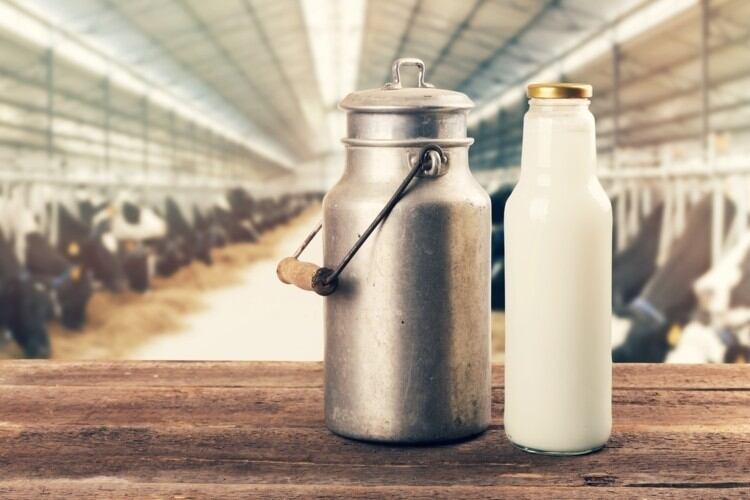Two types of questionnaires are currently available on the MPI website: One for suppliers and one for consumers, both with deadlines set for the end of this month.
According to MPI, the public opinion survey is being held to ‘determine whether the rules for processing and selling raw drinking milk in New Zealand are working as intended’ and that if any changes are made to the regulations, further opinions would be sought.
It is part of the overall review that MPI is holding into raw milk regulations which began in November last year.
“This work is not about rewriting the rules nor making radical changes. It is an assessment of the existing system,” it said.
The current raw milk sales regulations entered into force in 2016, and were aimed at ‘better managing the risks to public health while recognising the consumers demand for raw milk’. Back then, a public consultation was also held before the regulations came into effect.
Before these regulations, consumers were able to collect raw milk from collection points across the country.
The 2016 regulations abolished these and added stringent requirements, such as making it compulsory for farmers to register with MPI before selling raw milk and making consumers purchase this either directly from the farm or having it home-delivered.
Additionally, labels stating the health risks of raw milk must be displayed, including use-by dates, refrigeration information, the farmer’s contact details and specific warnings for ‘high-risk groups’ such as the elderly or pregnant.
Consumers also have to leave their contact details with farmers for tracing and batch identification purposes in the event of any outbreak, and the resale of raw milk was no longer allowed.
Making the move to raw milk
As raw milk is not pasteurized, bacteria are not eliminated, and MPI’s concerns include microbes such as Shiga toxin-producing E. coli (STEC), Listeria and Campylobacter.
That said, many raw milk consumers and producers still swear by it claiming better taste, higher nutritional value, and easier digestion (due to lactic acid bacteria that the pasteurisation process kills).
According to raw milk brand Bakewell Creamery owner Guy Bakewell, stringent hygiene procedures are used to ensure the safety of raw milk, including the ‘careful washing, disinfecting and drying of each cow’s udder prior to milking’.
“Before we started the raw milk business we also replaced every piece of rubberware in our milking plant and overhauled our cleaning procedures,” he told NZ Herald.
Bakewell Creamery is also a producer for New Zealand dairy co-op giant Fonterra.
Dairy Industry Restructuring Act
Meanwhile, MPI is also finalising possible amendments to the New Zealand Dairy Industry Restructuring Act (DIRA), after completing public consultation and review in December last year.
According to the MPI website, DIRA regulates four key aspects of the dairy industry, which are: the dairy export quota management system, Fonterra activities, Fonterra’s farmgate market price monitoring as well as herd testing and the dairy core database.
“The DIRA is needed to ensure our domestic dairy industry operates as much as possible as if there is competition in the market,” said MPI.
Commenting on the DIRA review and upcoming results, Fonterra chairman John Monaghan said to NZ Herald that: “It's a pivotal time to be considering the future of dairy in New Zealand.”
"We'd like to see a dairy industry that promotes investment in regional New Zealand, where profits are kept at home for the benefit of all New Zealanders, where farmers are paid good money for their milk, and the unique attributes of New Zealand's environment are protected.
"DIRA has a critical role in supporting this vision and we await the Government's announcement."
MPI will be releasing results of the DIRA review later this year.



